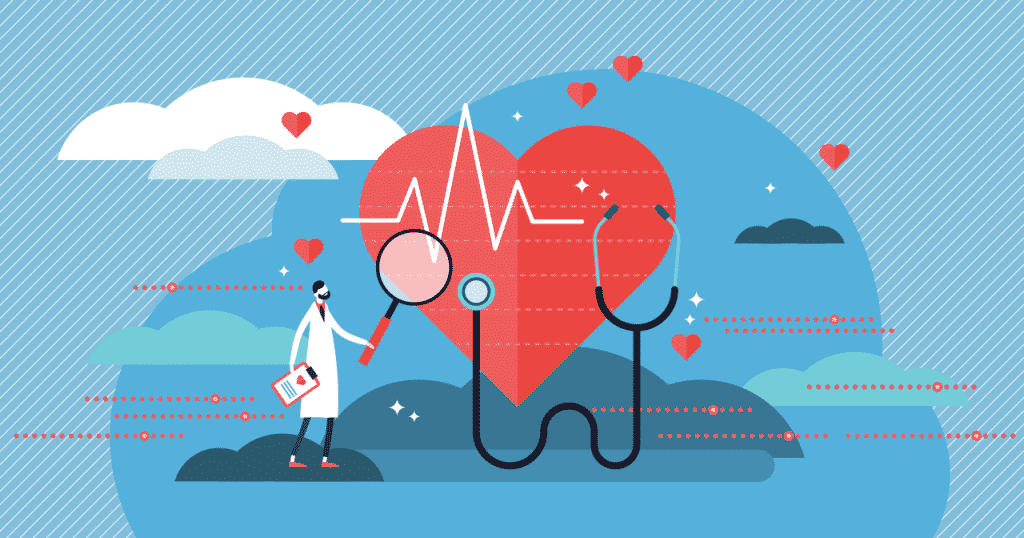Prostate Cancer
Early stage prostate cancer usually shows no signs or symptoms, so testing is important. Detected early, it’s curable in most cases.
Medically reviewed by:

CM, OBC, MD, FRCSC, FACS, FCAHS
What is prostate cancer ?
Prostate cancer is a disease in which cancer cells form and proliferate in the tissue of the prostate, which may turn into life-threatening tumours over time. The prostate (a gland below the bladder in men) produces some of the fluid that makes up semen.
The average age of diagnosis is 65, but men may be diagnosed as young as their 30s and beyond their 80s. Detected early, prostate cancer is treatable and even curable, however it can grow undetected without symptoms for months to years. Regular screenings are recommended starting at age 50, or earlier, depending on your risk factors.
Sign & Symptoms
Prostate cancer in its earliest stages does not usually cause any signs or symptoms. That’s why it’s important to have your prostate checked and to encourage others to do the same.
Signs and symptoms often occur as the cancer advances, though these can also be due to other problems and must be checked out:
- Frequent urination, especially at night
- Urgent need to urinate
- Difficulty starting or stopping urine flow
- Weak or slow urine stream
- Burning or pain when urinating
- Blood in the urine or semen
- Painful ejaculation
- Trouble getting an erection
- Pain or stiffness in back, hips or pelvis that doesn’t go away
- Fatigue
Risk Factors
A small percentage (5-10%) of prostate cancers may be genetic or hereditary. Most cases are associated with certain risk factors, however most people develop it without having any.
The risk for prostate cancer increases with age. Most men are diagnosed in their 60s. Common risk factors include:
- Family history / genetics
- Black ethnicity (including African or Caribbean ancestry)
- Obesity
Are You At Risk?
Learn your risk level for the most common men’s health conditions in 10 minutes with a free, confidential, and personalized report.
Screening
If prostate cancer is caught at an early stage, it can be monitored carefully, treated and cured in the majority of cases.
Dr. Larry Goldenberg, Urologic surgeon
Early detection of prostate cancer can save lives.
Early detection includes a prostate-specific antigen (PSA) blood test and digital rectal exam conducted by a healthcare practitioner starting at age 50. Risk factors related to family history or ethnicity may prompt earlier screening in your 40s. Both tests together are better than one alone. Many other screening tests are being studied.
A PSA blood test cannot diagnose prostate cancer, but can signal that there may be a problem with the prostate. A digital rectal exam is a physical exam of the prostate through the rectum to feel for lumps or anything else that seems abnormal.
Your first results will determine the frequency of future tests, which range from once a year to every 2-3 years.
Download the Men’s Health Checklist for a full list of which tests you need, and when to consider having them done to screen for common men’s health conditions.
Diagnosis
When the PSA level is higher than normal and/or a physician feels something abnormal in a digital rectal exam, other tests may follow to diagnose prostate cancer.
These can include X-ray (MRI) tests or follow-up sequential PSA testing, but the ultimate diagnosis of prostate cancer is based on a biopsy of the prostate. Further tests may be performed if the results of a biopsy confirm cancer.
Prevention
Get Active
Exercise can strengthen your immune system, reduce inflammation in the body, and fight some of the negative health effects of a sedentary lifestyle; all of these can potentially help to prevent cancer. Even moderate exercise after a positive diagnosis can be very effective in lowering cancer growth and recurrence rates.
Eat Healthier
Researchers don’t fully understand the connection between prostate cancer and diet. However, studies suggest incorporating the foods below might reduce your risk of getting prostate cancer:
- Less saturated fat and red meat
- More leafy greens, tomatoes, and cruciferous vegetables
- Soy protein, like edamame and tofu
- Green tea
- Dark chocolate
Get Easy Tips To Reduce Your Risk
Treatment
Treatment plans depend on type, stage and risk factors of prostate cancer for each individual case.
Detected early, and assessed as low or very low risk, prostate cancer can be monitored closely over time without any invasive treatment other than modifying diet and lifestyle.
Surgery to remove the prostate and/or radiation are common treatments for more aggressive forms of prostate cancer. If cancer has spread beyond the prostate, hormone withdrawal therapy may be recommended.
Frequently Asked Questions
Medically reviewed by:

Dr. Larry Goldenberg, CM, OBC, MD, FRCSC, FACS, FCAHS
Dr. Goldenberg is a urologic surgeon and clinical scientist, who specializes in prostate cancer research and treatment.
More about Dr. Larry Goldenberg







